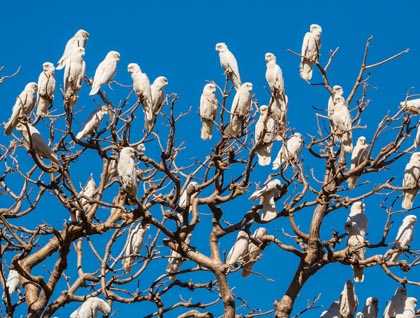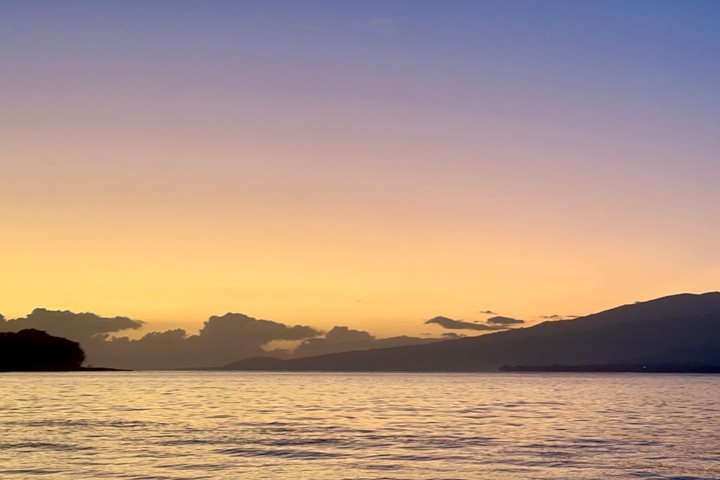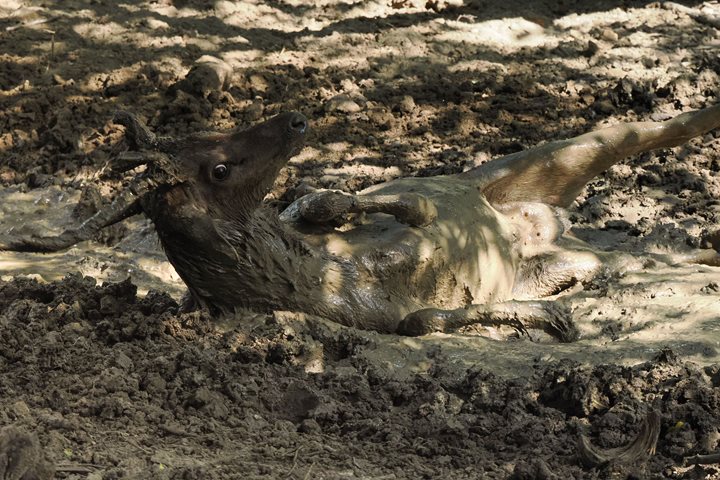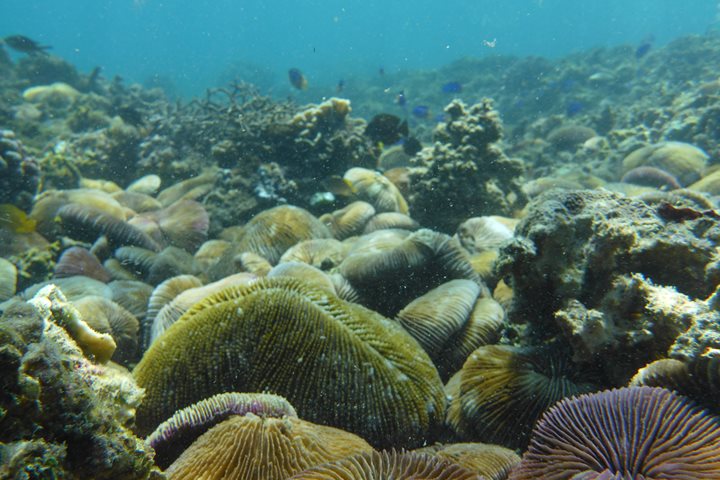This year marks the 130th anniversary of the port town of Wyndham that was first established in 1884. The town was named after Lady Broome’s son, George Wyndham. The town blossomed when gold was discovered in Halls Creek.
In 1885 the first track opened and approximately 5,000 gold miners passed through Wyndham during the gold rush. Transport along the track was filled with difficulties. Horses had to constantly be tended to, bullock drawn carts were reliable but slow, and donkey and camel teams became the beast of burden of choice. In fact camel teams tended by Afghan cameleers became vital on the Wyndham-Halls Creek run. As one old Kimberley resident noted, “people out here owe the camel everything for opening up the country.” The Kimberley was the last area in Western Australia where camels were based. A visit to the Afghan cemetery confirmed that cameleers were buried with their camels as the cemetery contains 10 Moslem graves dating from 1919-1942.
After the gold rush ended, Wyndham experienced a second boom with the opening of the meat works in 1919. Cattle traveled overland from stations to the east and south. Workers arrived by state ship for the season that lasted 4-5 months, May through September. Britain’s tariff policy of ‘Empire preference’ gave Australian beef a huge advantage against its biggest competitor, Argentina. Although the boom lasted for almost 70 years, it came to an end with the closing of the meat works in 1985. These days almost 40,000 head of cattle are exported annually to China.
Today Wyndham is a busy working port servicing the cattle and mining industries. Less than 700 full-time residents now call Wyndham home. We had an opportunity to see a glimpse of Wyndham’s past by visiting the historical museum, the remnants of the meat works, and the abandoned train yard.
Wyndham has a few treasures in Pixie’s Tin Shed filled with useful items and Pixie herself sharing stories, Wyndham Town Hotel with a bar where we enjoyed refreshments served by Sue the owner and operator, boab trees along the roadway, road-trains barreling down the highway every thirty minutes, and crocodiles on the muddy banks below the pier. At low tide, pop-eyed mullets and mudskippers tried in vain to avoid predation by striated herons and great egrets.
Wyndham is our last port of call in Australia before sailing across the Timor Sea to Timor Leste where swimming, snorkeling, diving and kayaking await us.









